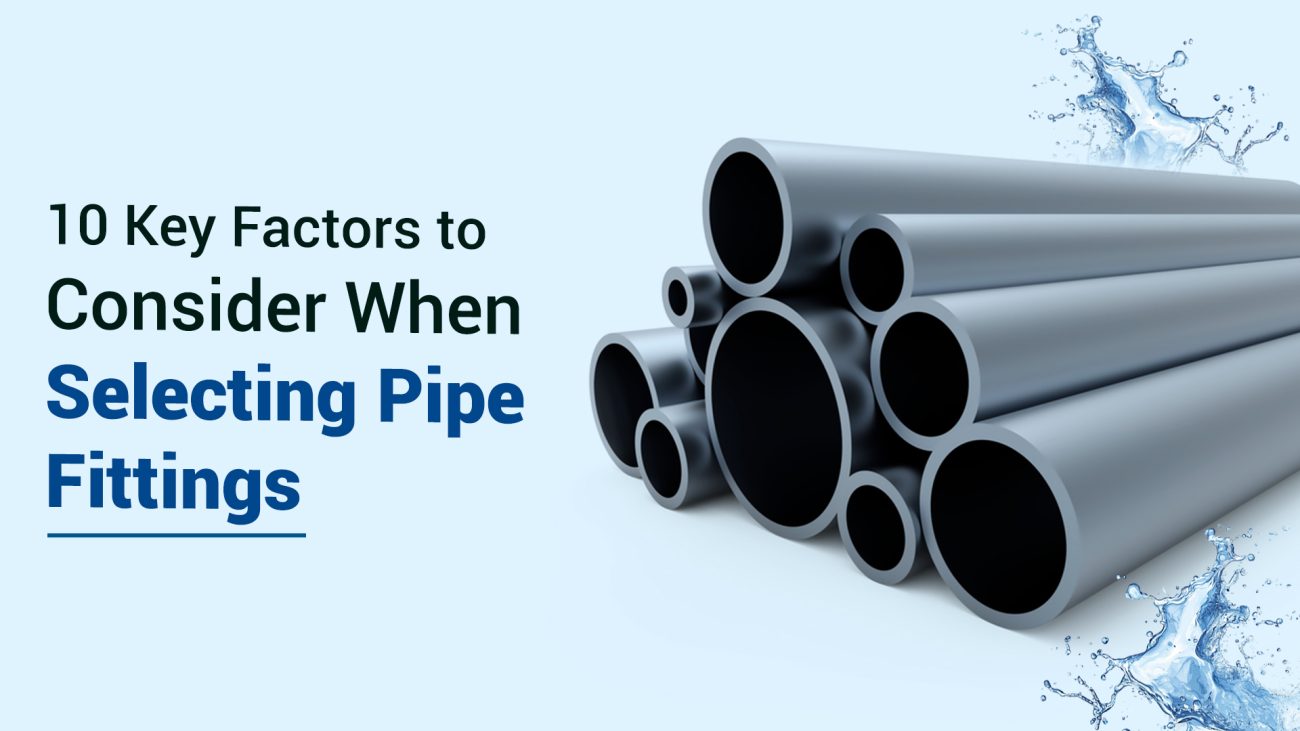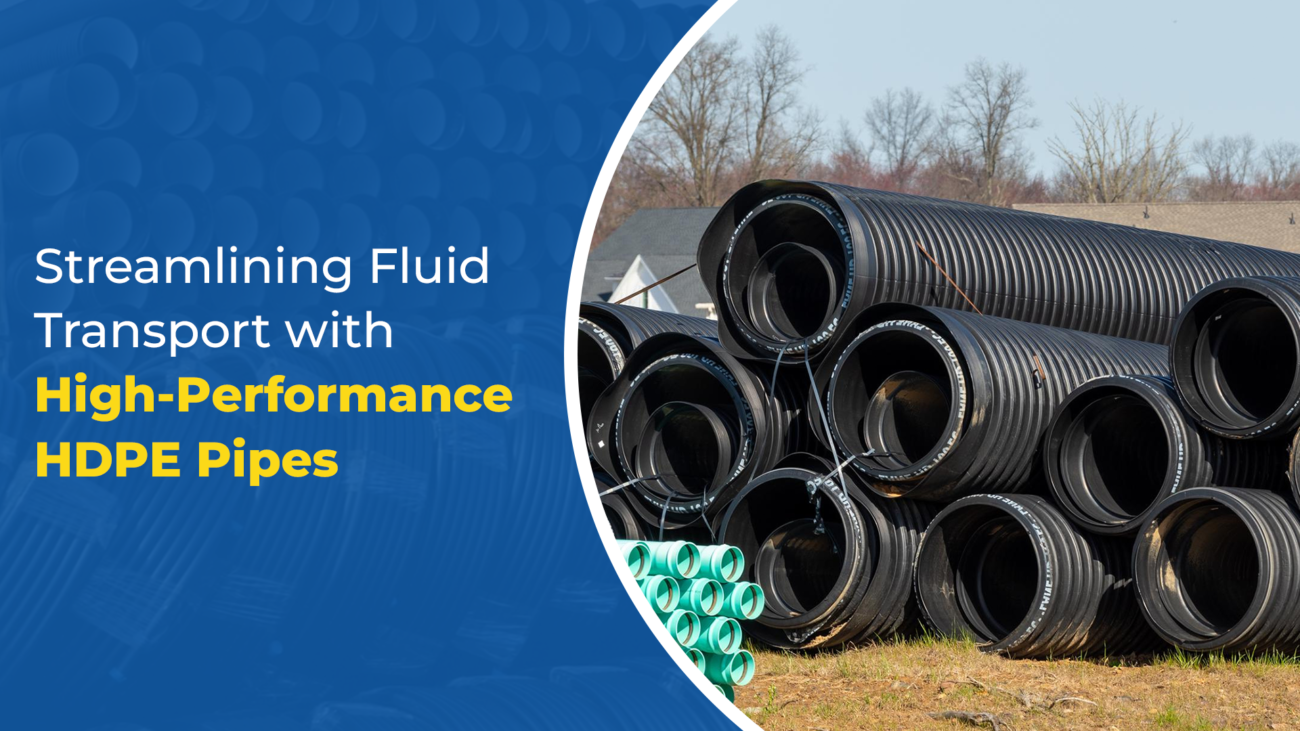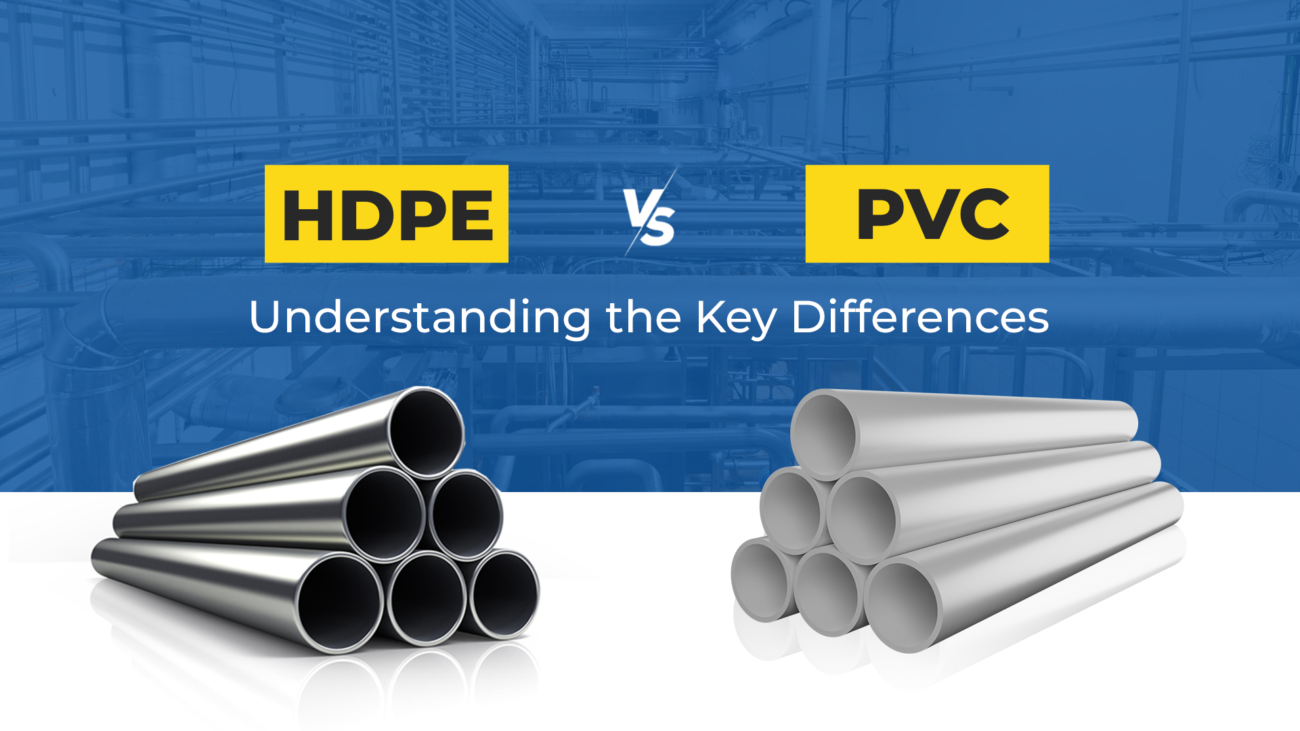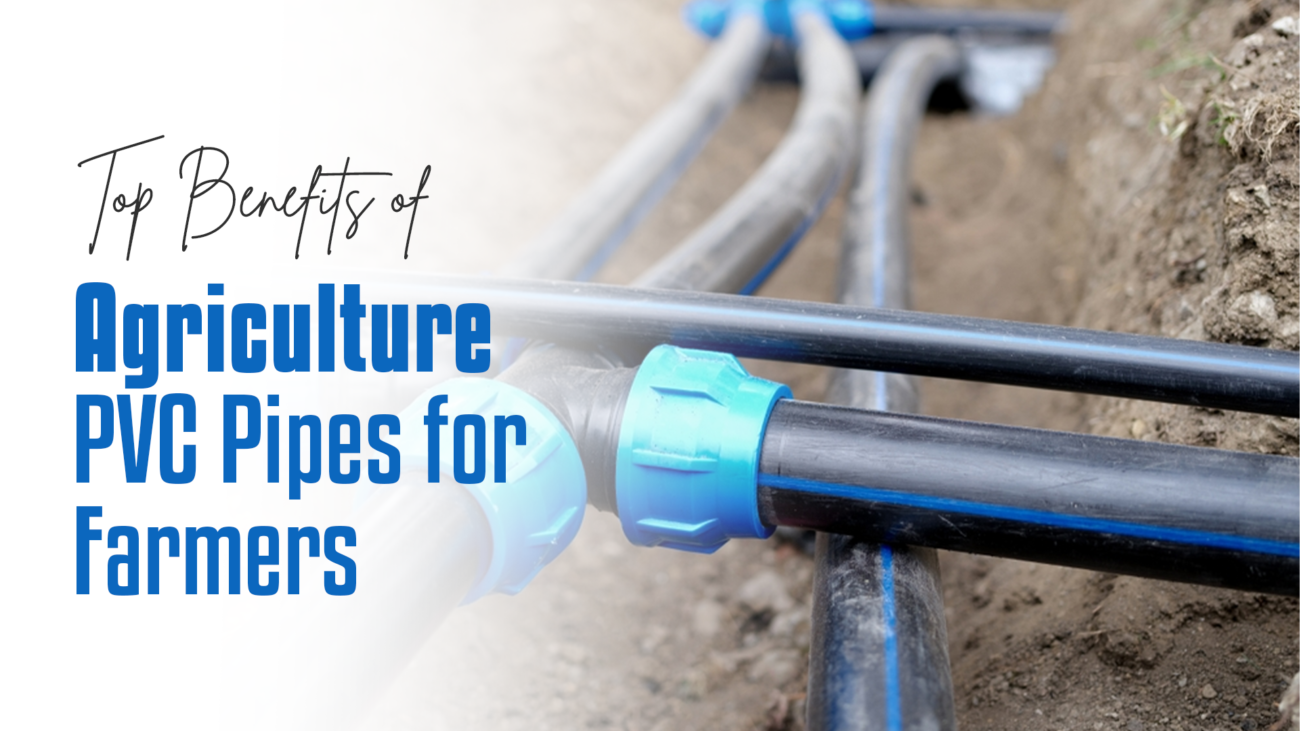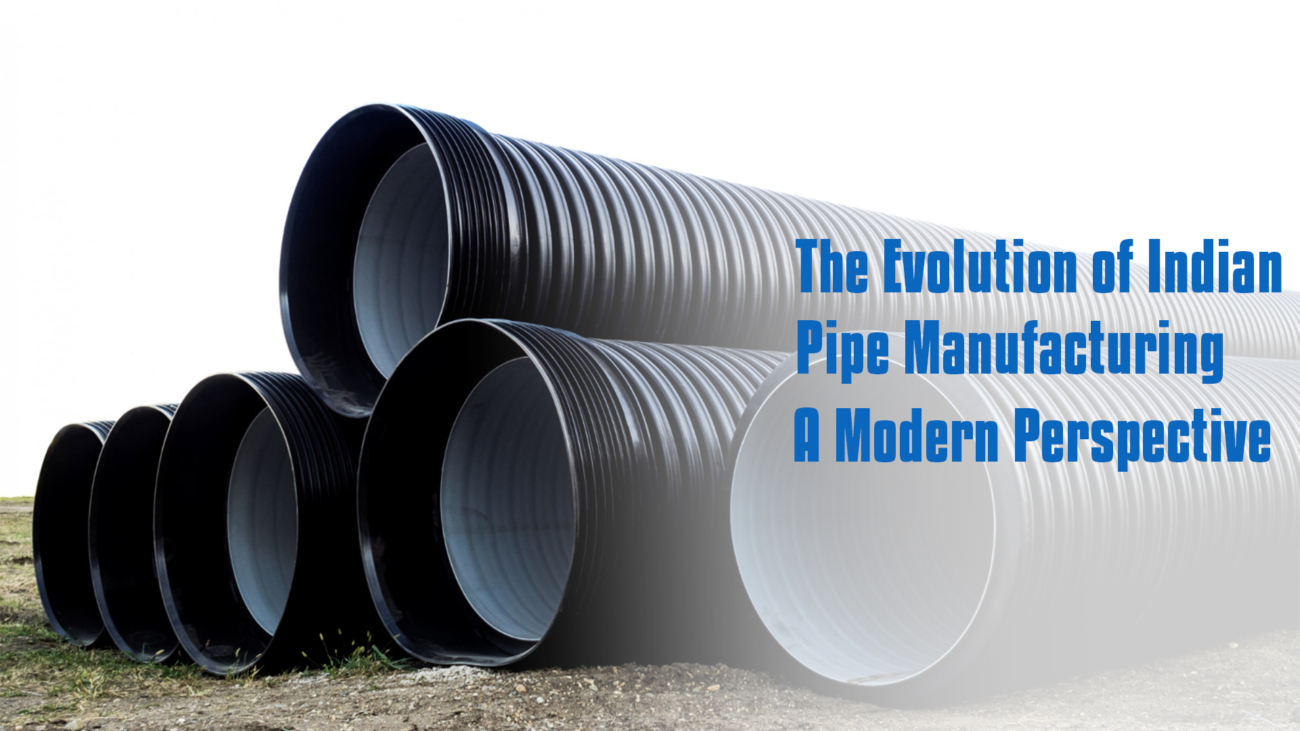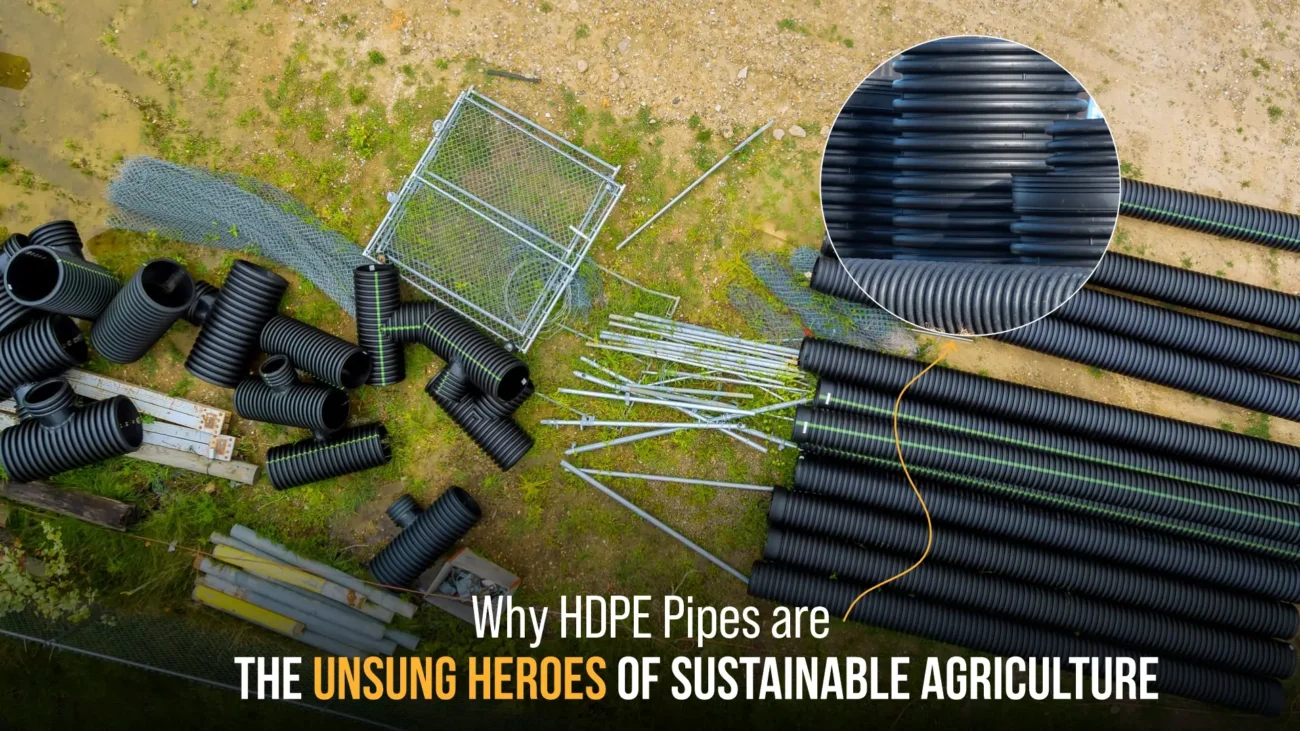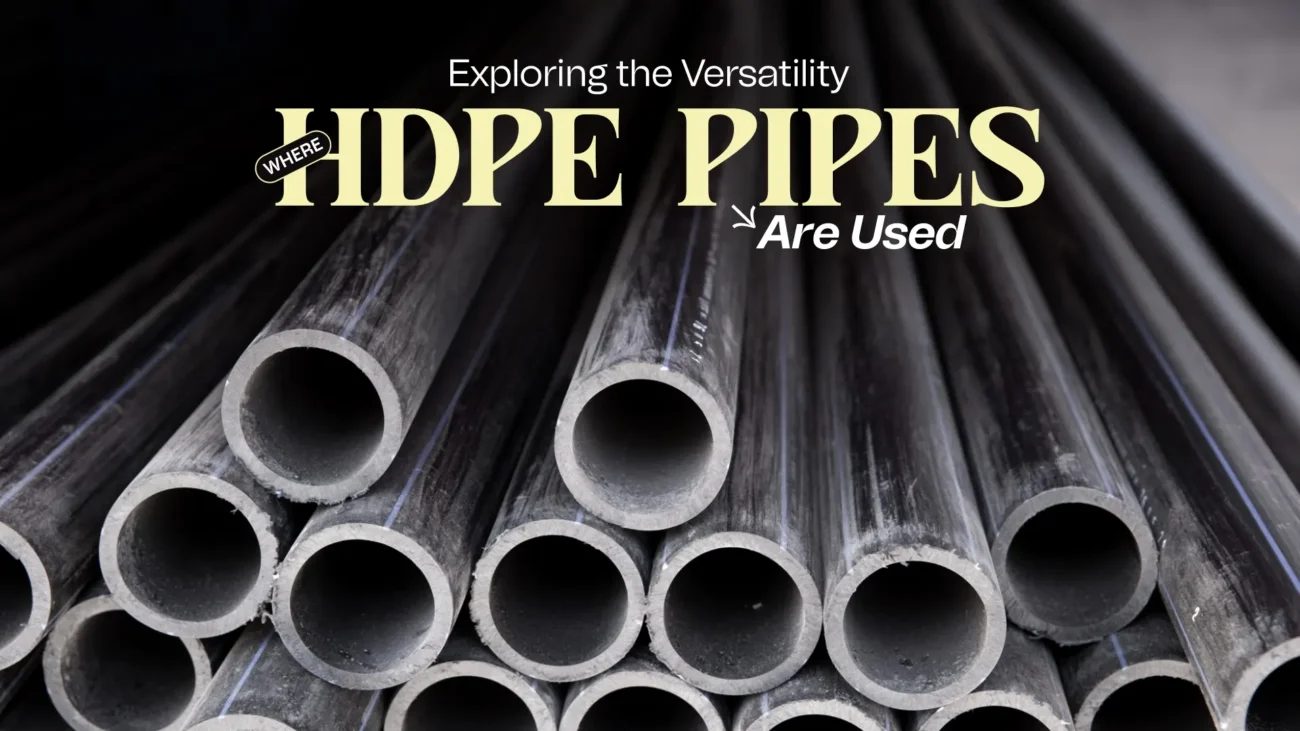Have you ever noticed the dry, cracked soil of a field which silently cry for water? there villages plagued by drought, farmers staring at wilting crops and communities have to trek miles to fetch just a bucket of clean water. this is a harsh reality faced by millions of people in water scarce regions. This is where borewell comes to play as taps into the earth’s reserves to bring hope to the surface. However, borewell needs proper casing as it can collapse or lead to contaminating water or failing altogether. Lets get to know about borewell casing, why are they important and their types etc.
What is Borewell Casing?

Borewell casing is simply protective pipes which is installed in a borewell that ensures structural integrity and prevent contamination of groundwater during its extraction. Borewells are drilled deep into the earth so they can access the underground water reserves. However, the casing act as a shield for the well which helps to keep it stable and functional for long period of time.
Apart from that, the casing also acts as a safeguard against natural challenges posed by shifting soil, collapsing formations or intrusion of contamination from the surface. With the casing, there are risk of borewell getting clogged, damaged or even polluted which leads to water wastage and reduced efficiency.
Importance of Borewell Casing
- Prevents borewell collapse: borewell casing plays a major role to maintain the structure stability of the well. However, when a borewell is drilled, the surrounding soil and rock layers exert pressure on the shaft. When there are no robust casing, these layers can collapse into borewell which makes it unusable.
- Ensures clean water supply: as groundwater becomes polluted due to surface contaminants infiltrating the well, borewell creates a barrier. This barrier helps to prevent debris, chemicals or other pollutants from seeping into the water supply.
- Facilitates efficient water extractions: when the borewell has proper casing, it ensures smooth water flow as it reduces blockages that are caused by loose soil or debris. Not only this, but it allows pumps to work effectively which optimizes water extraction.
- Improves longevity: it is a wise choice to invest into a borewell casing as it extends the life of borewell. However, it also protects borewell from environmental stress and damage. Not only this, but it also reduces the need for frequent repairs which saves both time and money.
- Provide support and equipment: borewell casing offers great pathway for pumps, pipes and other equipment that are used for water extraction. However, it ensures these components remain stable and functional during operations.
- Adapts to diverse soil conditions: borewell casing is also helpful to combat with different soil conditions as they navigate these conditions. Whether the soil is sandy, rocky or loose, casing helps borewell to remain intact and operational.
Types of borewell casing
There are different types of borewell casing to meet diverse requirements of ground water harvesting. Each type is best suited for specific conditions and purposes:
- PVC casing pipes: Polyvinyl chloride pipes are commonly used. These pipes are light weight, durable and offer resistant to corrosion. This makes them best option for long-term applications. These pipes are easy to install and handle.
- MS casing pipes: Mild steel casing pipes are best known for their strength and durability. These pipes are often used in borewells drilled in hard rock areas where additional reinforcement is needed. Not only this, but these pipes are prone to corrosion and require regular maintenance.
- HDPE casing pipes: the next up we have is High-density polyethylene pipes are best known for their flexibility and resistant to chemicals. However, these pipes are highly durable and can endure extreme soil conditions without cracking or breaking.
- SS casing pipes: the other type is stainless steel casing pipes that offer supreme quality of corrosion resistant and strength. This makes them an ideal option for borewells in coastal or industrial areas.
- Ribbed PVC casing pipes: the next type is ribbed PVC casing pipes. These pipes are designed to handle unstable soil formation and they offer additional grip and support. They have ribbed structure which enhances stability which prevents soil movement around the borewell.
- Cemented casing: there are certain applications, where cemented casing are deployed to reinforce the borewell shaft. However, this process is done with combination of other pipe materials to offer maximum protection.
These are the types of borewell casing and their purposes.
Challenges and solutions
As borewell casing is indispensable, it has its own set of challenges. Such as incorrect installation, poor quality materials and lack of maintenance. Here are some of the solutions:
- Use high quality of pipes that are perfect for soil conditions.
- Make sure to follow the proper installation process by skilled professional.
- Run regular inspection to check wear, tear or blockages.




